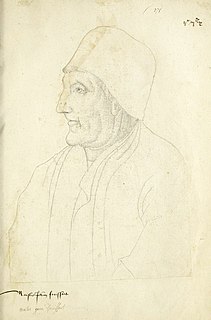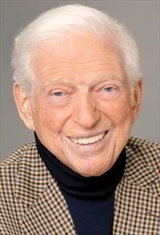A Quote by Victor Hugo
The English took the eagle and Austrians the eaglet.
[Fr., L'Angleterre prit l'aigle, et l'Autriche l'aiglon.]
Related Quotes
The need for sociability induce man to be in touch with his fellow men. However, this need might not ("ne saurait", Fr.) find its full (or complete) satisfaction in the conventional (or superficial, - "conventionnel", Fr.) and deceitful world, in which (or where) everyone is mainly (or mostly) trying to assert oneself in front of others ("devant les autres", Fr.), to appear, and hoping to find in society ("mondaine", Fr.) relationships some advantages for his interest and vanity (or vainglory or conceit", Fr).
As the antagonism between those who possess, and those who do not, is becoming more acute day after day, we can already foresee a moment when it will bring about ("entraînera", Fr.) severe (big, high, intense, - "grands", Fr.) disasters, if we do turn (direct, aim, - "dirige", Fr.) life in time the social life in new directions (or ways, - "dans des voies nouvelles", Fr.)
Besides the progress of industry and technique, we see a growing discontent among the masses; we see, besides the expansion ("expansion,", Fr.) of instruction, distrust and hatred expanding among nations ("s'étendre la méfiance et la haine entre," Fr.), that vie with one another ("qui rivalisent à l'envi," Fr.), by the increase of their armies and the improvement of their engines of murder ("engins meurtriers", Fr).
It goes without saying that only inner greatness possess a true value ("une valeur véritable,", Fr.) . Any attempt to rise up (or at rising up, - "s'élever", Fr.) outwardly above others, or to want (or wish) to impose one's superiority, denote a lack of moral greatness, since we do not try to replace ("suppléer", Fr.) in that way (.... in French "par là", Fr.) to what, if we did really possess it, would have no need whatsoever to flaunt itself.
The feeling ("sens", Fr.) of solidarity that is born amidst a community rest on the feeling of antagonism arouse (aroused ? arose ?... sorry, - "suscité", Fr.) by those who are opposed to it. Most of the time we only adhere to a party or a group, in order to better (or more, - "pour mieux se", Fr.) differentiate ourselves of another.
Apart from selfish reasons, such as fear of punishments, fear of blame, of dishonour, etc, there remains only two motives that can stop (or prevent, "empâecher", Fr.) men from acting badly; the natural sense of commiseration (or "sympathy", - "commisération", Fr.) for one's fellow men - compassion, and the influence of education, by association of ideas ("par l'association d'idées", Fr.) - habit.
See that unfortunate soldier who is falling hurt to death ("tombe blessé à...", Fr.) on the battlefield; he learns that his folks have vanquished and dies happy. He detached himself from himself (s'est détacher de lui-même", Fr.), has identified himself with something greater and more lasting than himself; his homeland ("patrie", Fr.); thus, while dying as an individual, he has the certainty to survive in a larger existence.
I sometimes think we ought to bring a bill before Congress changing our national symbol from the eagle to the buffalo, because we are more like the buffalo than the eagle. The eagle is a powerful bird. It flies alone. It rises up into the sky with authority. It is master of all it surveys. The eagle is an individualist and was selected from among the rest of the birds to be our symbol. But the buffalo was never alone. It always ran in a herd with other buffaloes. And, friends, I call your attention that the buffaloes are gone from the open range, but the eagles are still soaring.































